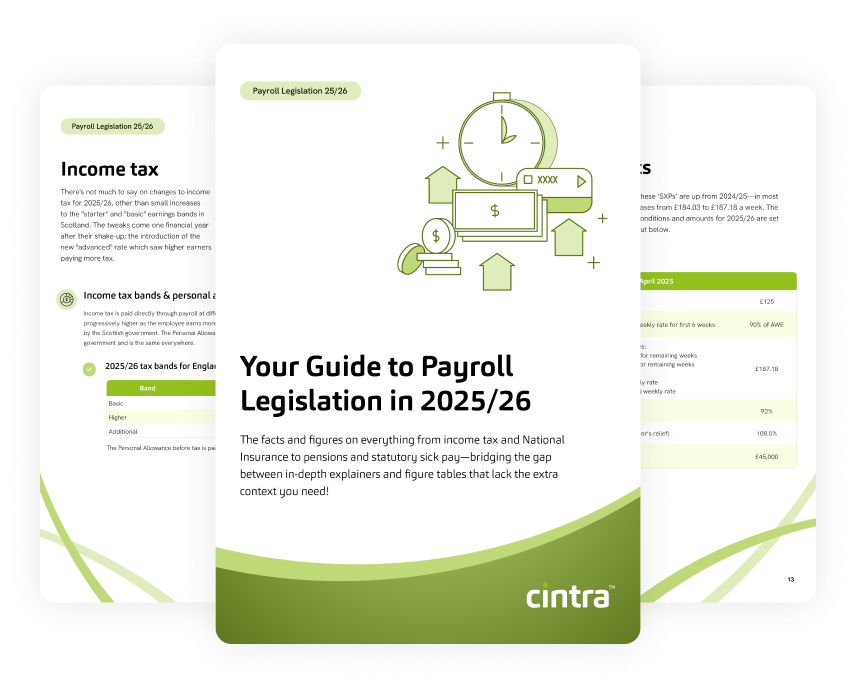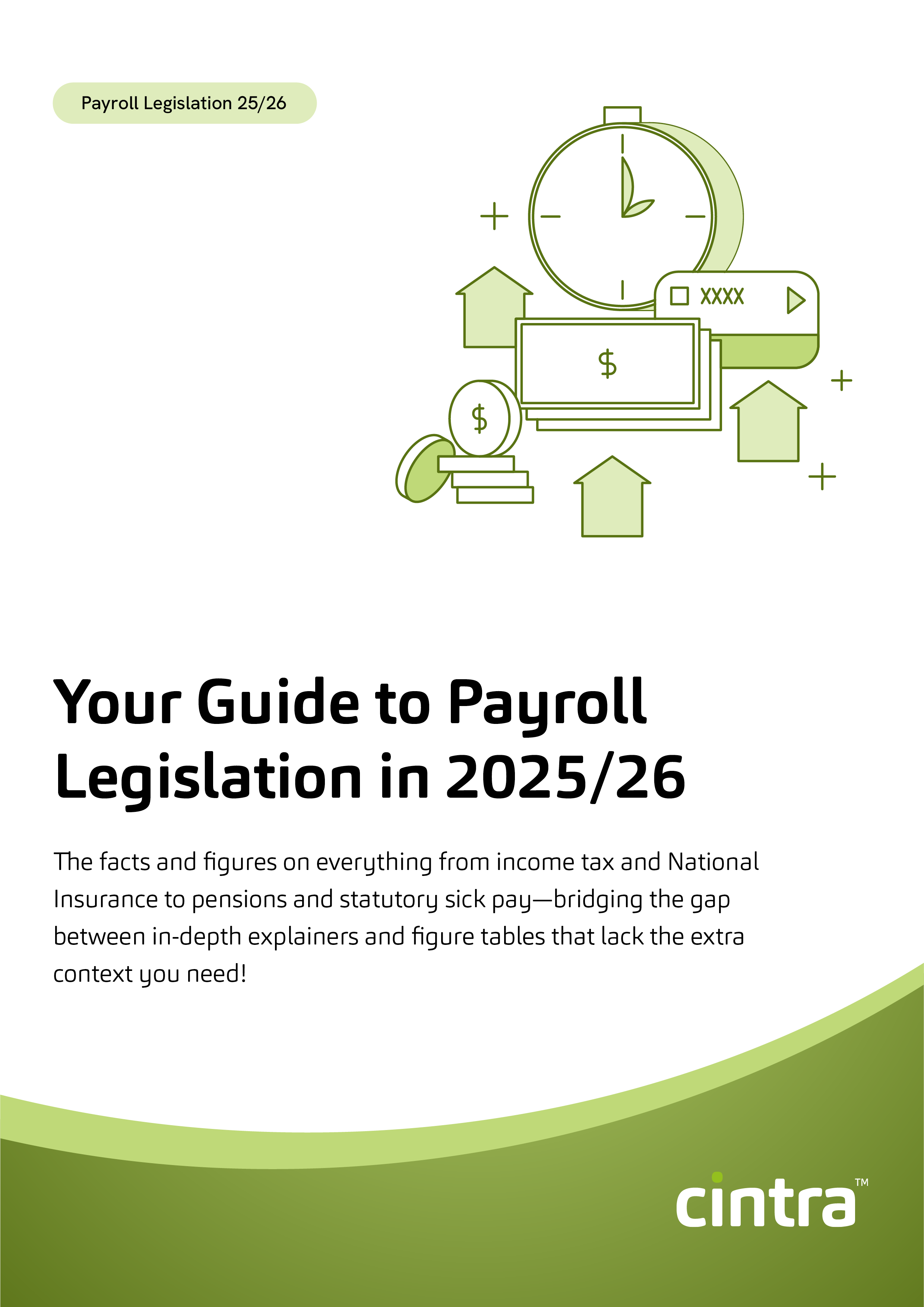Every April, employers find themselves with a whole host of tasks to complete ahead of the payroll year end. And one thing that every HR & Payroll professional needs to know about is a P60! Every employee gets one at the end of the financial year, so what is a P60?
What is a P60?
A P60 is an end-of-year document with contains all an employee’s yearly tax related information. HMRC keeps a close record of your earnings, the tax and national insurance contributions you make and any statutory pay you receive throughout the year and all this information is put into one simple document. Employees should receive a P60 by the 31st May following the start of the new financial year on the 6th April.Who gets a P60?
Every PAYE employee should receive a P60 from their employer. This is a requirement from HMRC. If you’re an employee who hasn’t received a P60 form, then it’s best to speak to your HR or payroll department. The only time you may not receive a P60 is if you have left employment during the tax year and you would have received a P45 to show total earning during that employment. If you have not taken up new employment in that tax year then you won’t receive a P60. It is possible to receive multiple P60’s if you have more than one employment.What exactly is on a P60?
Your P60 will show:- Gross earnings
- Income Tax
- National Insurance
- Information from any previous jobs during the tax year (if supplied during onboarding)
- If you received any statutory pay, such as parental leave, or paid back some of your student loans, these figures will be confirmed by your P60 too.
Why is a P60 important?
A P60 is proof of the income tax you paid in that financial year. You can be asked to provide a copy of your P60 when applying for a property, financial service or any time you might need proof of your salary.What if your P60 isn’t correct?
In the unlikely circumstances that you received you P60, and something doesn’t seem quite right you should inform HMRC and contact your employer who supplied the P60. In the event you have paid too much tax then HMRC will usually contact you to pay it back or reclaim through your tax code. If you are a higher earner or have multiple sources of income you maybe required to complete a self-assessment form. While HMRC can automatically detect and correct some tax inaccuracies, responsibility normally falls on you to correct any issues with your P60, so it’s important to act fast to avoid any penalties.You know what a P60 is, but how can Cintra help you with them?
As a business you’ll likely have a lot of P60’s that need processing during the month of April. Using a software like ours will allow you to process P60’s and push them through to any HR system you use to share it with your employees. Making the process far less manual, saving you time and resources! Get in touch today to see how our payroll software works.
EBOOK
Payroll Legislation Guide
The facts, figures, thresholds and allowances for 2025/26 spanning tax, National Insurance, pensions, statutory payments and more.
Download now


